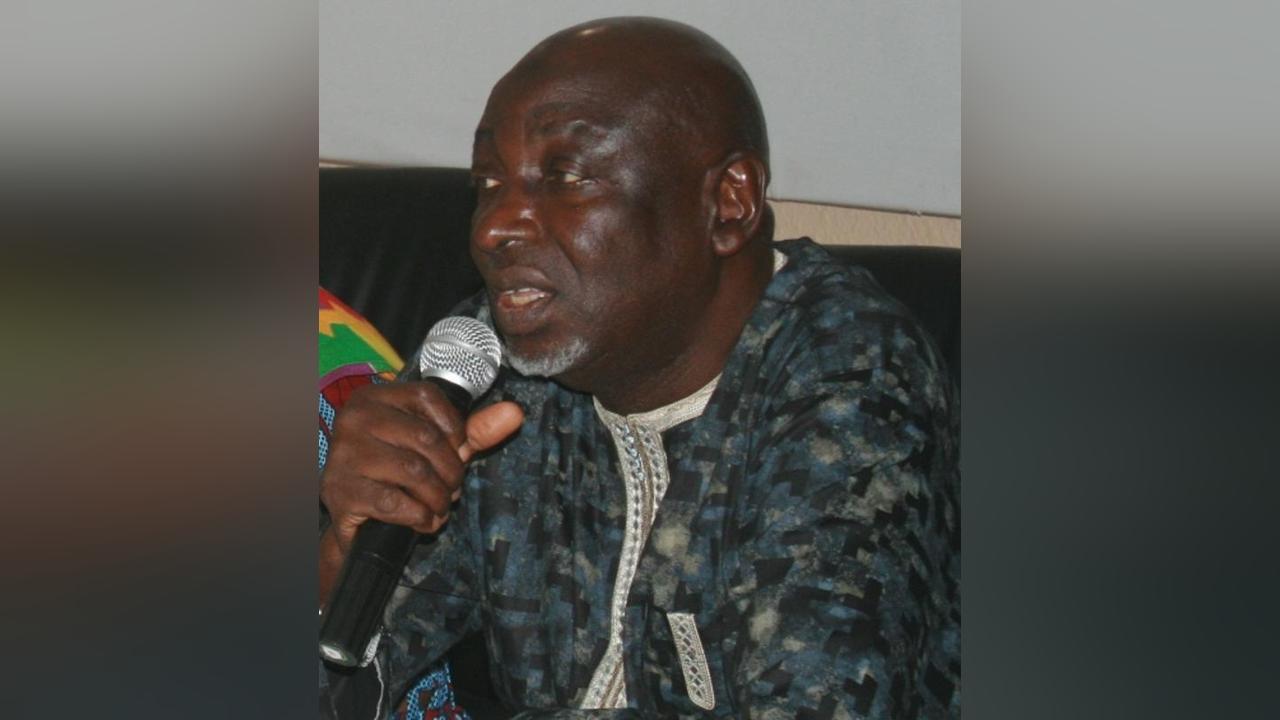Africa-Press – Gambia. Sheikh A. TejanNyang, renowned tourism consultant and Head of the Institute of Travel and Tourism of The Gambia (ITTOG) delivered a compelling presentation at the 49th CARICOM Heads of Government Meeting – Tourism Forum, currently underway in Montego Bay, Jamaica.
Held from July 6 to 8, 2025, the high-level forum brought together leaders, policymakers, and stakeholders from across the Caribbean and Africa to strengthen cooperation in tourism development, education, and heritage preservation.
On Tuesday, July 8, Sheikh Nyang served as one of the distinguished panelists and presented a 22-page PowerPoint under the theme Tourism Education, Workforce Development, Heritage and Interpretation. His presentation emphasized the vital role tourism plays in socio-economic development across Africa and the Caribbean while calling for greater collaboration between both regions to unlock shared opportunities.
In his presentation, Sheikh Nyang outlined the contribution of tourism to African economies, noting that the industry generates an estimated $168 billion in GDP and provides jobs for over 18 million people. In The Gambia alone, 42,000 are directly employed in tourism, supporting an estimated 294,000 dependents, with many more benefiting indirectly.
He stressed that tourism, not only, creates employment and earns foreign exchange but also funds critical national projects in education, health care, infrastructure, and environmental management.
“Tourism is more than travel, it is a tool for empowerment, for connecting people, preserving culture, and driving sustainable development,” Sheikh Nyang told participants.
Highlighting the shared African heritage of Caribbean Nations Sheikh Nyang emphasized the power of cultural tourism in bridging historical divides. He advocated for initiatives that strengthened people-to-people connections through festivals, storytelling, arts, and educational exchanges.
“Slavery and colonialism may have separated us, but through tourism, we can reunite,” he stated. “Let us tell our own stories, in our own words, and preserve our heritage as we build a common future.”
Sheikh Nyang used The Gambia as a case study, referencing two key cultural initiatives – the Roots Festival and the NinkiNanka Trail. The Roots Festival, he said, celebrates the shared African heritage with descendants in the Caribbean and is set to be rebranded and relaunched in May 2026, marking 50 years since the publication of Alex Haley’s historic book ‘Roots.’
Meanwhile, the NinkiNanka Trail offers immersive rural tourism experiences, engaging visitors in local culture, traditions, and storytelling.
Sheikh Nyang urged deeper collaboration between African and Caribbean educational institutions to harmonize tourism education and foster workforce development. He praised ECOWAS’s EcoTour Action Plan (2019–2029), which seeks to align tourism curricula across West Africa, and called on CARICOM to link efforts with ECOWAS to achieve unified goals.
He further spotlighted ITTOG’s role as a regional leader in vocational tourism training.
Established in 2008, the institution has earned several awards for service excellence, most recently receiving the 2025 Balafong Award for its outstanding contribution to human resource development in West Africa.
On fostering business partnerships, Sheikh Nyang stressed the need to overcome flight connectivity barriers between the Caribbean and Africa, proposing direct air links and business incentives to attract investors.
“The distance is not the problem. It is the lack of direct air routes. A flight between West Africa and the Caribbean can be just 5 to 6 hours,” he noted, adding that The Gambia is ready to provide land and incentives for interested investors, especially in tourism and mechanized agriculture.
He also advocated for joint chambers of commerce, visa-free travel arrangements, and collaborative marketing of twin destinations like Gambia–Jamaica or Ghana–Barbados.
In conclusion, Sheikh Nyang called on regional bloc ECOWAS and CARICOM to lead efforts in unifying Africa and the Caribbean through tourism, cultural exchange, and education.
“We must work together, not just as governments but as people with a shared history and destiny,” he said.
The 49th CARICOM Tourism Forum continues to serve as a pivotal platform for shaping the future of regional tourism, with Sheikh Nyang’s presentation serving as a passionate call for renewed unity and cooperation through heritage and education-driven tourism.
For More News And Analysis About Gambia Follow Africa-Press






